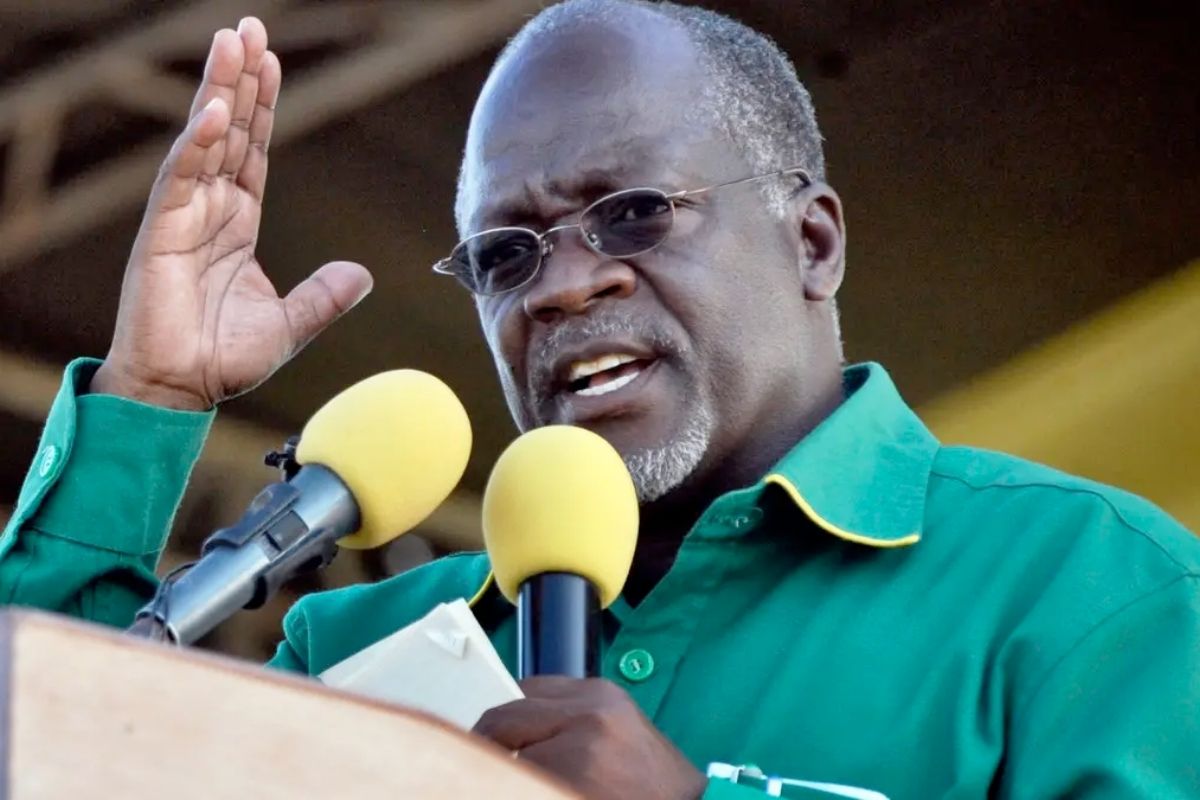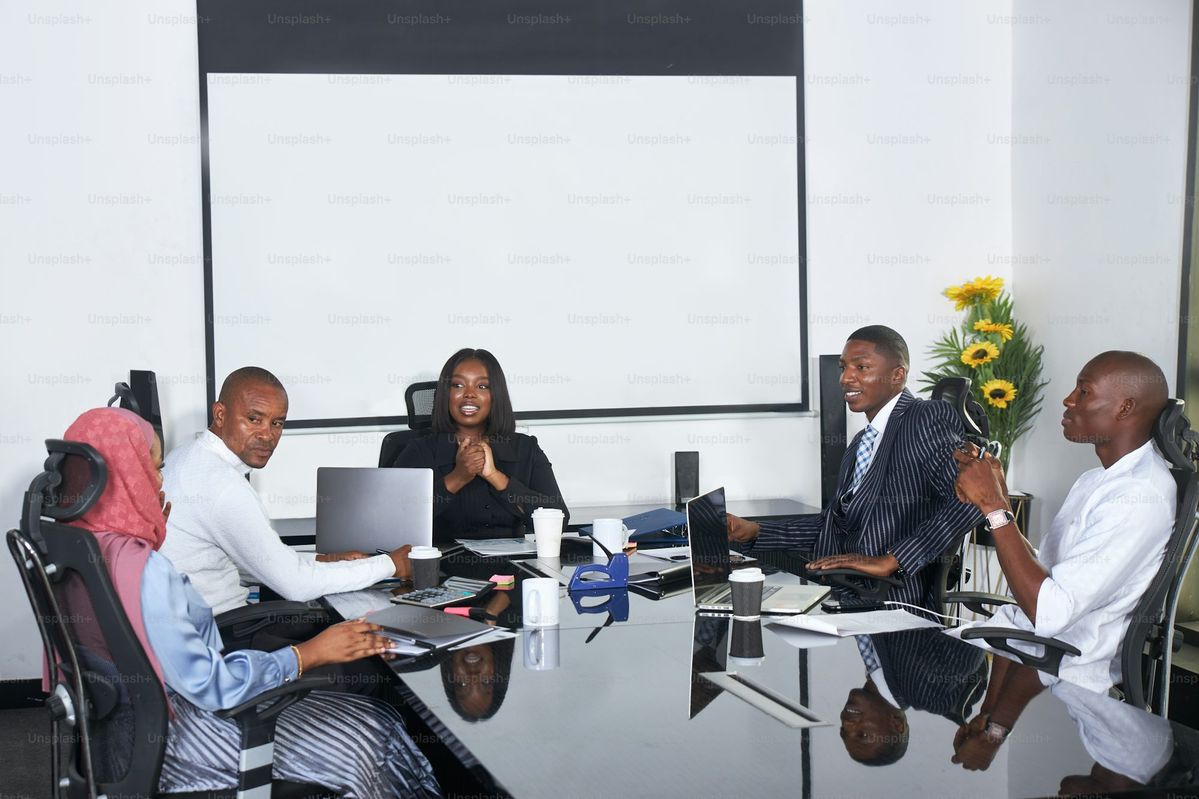When rumours started going around about the health and whereabouts of my friend President John Pombe Magufuli, I placed several calls to him. Later, I sent him a text message. Both went unanswered. I then resigned to expect the worst while hoping I was wrong.
When his death was confirmed as I was self-isolating after testing positive for Covid-19, I felt the full weight of double tragedy and emotions dealt by the cruel hand of fate. It was the worst time to lose a friend and a comrade. It was a bond forged over war on corruption and quality infrastructure.
I first met Dr Magufuli at an international conference on infrastructure in Durban, South Africa sometime in 2003. I had just assumed office as Minister for Roads, Public Works and Housing in the National Rainbow Coalition (Narc) government of President Mwai Kibaki. By that time, Dr Magufuli had held a similar portfolio for some time in Tanzania.
At the ministry, I discovered that I had inherited a bigger problem than I had imagined. The ministry was mired in massive corruption. Contractors were demanding pay — and getting paid — for works they had not done, or those done way below specifications. Nearly the entire ministry budget was being used to clear pending bills that kept rising. The ministry was neither constructing any new roads nor maintaining the existing ones.
It is in that context that I attended the Durban conference. I wanted to share my experiences, learn from fellow ministers and other experts and, hopefully, also attract some funding for the massive infrastructure Kenya needed when Narc took over.
Corruption
Dr Magufuli took immense interest in my presentation. He was particularly intrigued by my admission that corruption had found a home in the ministry and it was denying the country the good infrastructure needed for economic growth.
The two of us had lengthy discussions on the side-lines of the conference. During our discussions, he disclosed that the problems I had mentioned were the same ones he encountered when he took over at Roads and Public Works in Tanzania.
He offered to share his experiences in dealing with the vices of corruption and cowboy contractors and driving them out of town. For a start, he advised that I look into two areas: procurement and designing and tendering processes.
From his experiences in Dar es Salaam, he had ring-fenced these areas as the hideouts for corruption and conduits for loss of government funds.
Shorten procurement process
His advice was that I needed to shorten the procurement process, which is usually long and winding just to facilitate corruption. Then he advised that we adopt a system of designing and building roads at the same time as opposed to designing the entire road first, then tendering and then constructing. That, too, was a conduit for corruption. His advice was that the sections of the road that had been designed could be tendered and construction commenced as the design of other sections went on. That way, we would get quality roads faster and at cheaper prices. It had worked for him and he wanted us to try it.
From there, our friendship kicked off. We became advisers to each and partners in the war on corruption and cowboy contractors in the roads sector.
Before the conference ended, Dr Magufuli asked me to get my engineers at the ministry for a meeting with his engineers in Dar-es-Salaam so that they could exchange ideas on how to deliver quality infrastructure at value-for-money costs. I immediately instructed my Permanent Secretary Erastus Mwongera to assemble our team. In Dar es Salaam, we had extremely exiting discussions on simple, fast and efficient ways to deliver infrastructure.
ODM leader Raila Odinga (right) is welcomed by Dr Magufuli and his wife Janeth at their home in Chato, Tanzania.
Next, Dr Magufuli invited me to accompany him on a tour of Mwanza where he was to supervise and launch the construction of hospitals and roads. It was during this trip that he named a road after me; Raila Odinga Road in Mwanza. During this trip, we visited his home in Chato. I also invited him to visit us in Kisumu and Bondo.
As we got down to work here in Kenya, we identified the Meru-Maua Highway as one of the key roads that needed immediate and massive renovation. I invited Dr Magufuli to launch the reconstruction of this road, which he did. I also instructed the ministry to name the road after him.
As Prime Minister in the Grand Coalition Government, I visited him with a delegation that comprised Senator James Orengo and Governors Sospeter Ojaamong and Josephat Nanok, among others. On this trip, I launched the construction of the University of Mwanza.
As we prepared for 2012 elections, Dr Magufuli defied protocols and stood with us, physically attending our party’s National Delegates Conference where I was handed the party’s ticket to run for president.
By this time, we had become consultants for each other. We were available for each other whenever either of us needed assistance or advice.
When Dr Magufuli declared his interest in the Chama Cha Mapinduzi (CCM) ticket for the presidency in 2015, I took keen interest because his contest was my contest, just as mine had been his. We got deeply involved and we were excited when he won.
He invited me to Dar almost immediately after his inauguration. During that visit, the newly elected president was frank. He said he had known how to run ministries; now he needed advice on how to run a government. He particularly wanted to know how we managed under Narc and the Grand Coalition Government to raise revenues to deliver services and stop corruption.
I advised my friend that, for a start, he should look no farther than the revenue and procurement officers at all levels of government. I told him that in most cases, those officers were the ones driving latest car models, building classic apartments in cities and putting up castles in rural areas despite lower salaries. He needed to subject them to lifestyle audit, retire or even jail the incorrigibly corrupt and transfer others, then revenue collection would shoot up.
He listened. In some cases, he personally walked into offices to see how work was being done. Soon, Tanzania’s revenue doubled, then trebled. The new president suddenly had money to build roads, ports, hospitals and railways without relying on donors.
SGR
The President developed very keen interest on what happened to Kenya’s standard gauge railway in terms of its cost. He was determined to avoid the pitfalls, and he did. That is how he constructed Tanzania’s SGR four years later at a much lower cost than ours.
President Magufuli was a very independent-minded person. During his tenure, people developed this belief that he would always listen to me. While we did exchange views and agreed on many things, it is not true that he agreed with every suggestion I made.
When Dr Magufuli disagreed, he did so firmly, no matter who he was disagreeing with. When he ordered the confiscation of Maasai cattle that had crossed into Tanzania, I pleaded with him several times to release the cattle but he just wouldn’t budge.
As a politician, President Magufuli was a populist. Ideologically, he leaned towards social democracy. He allowed the private sector to grow, but under very watchful eyes of the State because he felt that the private sector, if not watched, could be overbearing especially to the lowly in society.
Enemy of corruption
Dr Magufuli was an avowed enemy of corruption. That, in my view, is his most outstanding trait. He could not stand the idea of public officials using public resources for their own benefit. If you hated corruption, you were on the first row as Dr Magufuli’s friend and confidant.
He was determined to put Tanzania ahead in the region and Africa through industrialisation. In that endeavour, he saw Kenya as the stumbling block, hence his sometimes-hostile stand against Kenya. We had a discussion on this, too, my position being that industrialised countries in Europe and Asia, for instance, co-exist and we could do the same here. He was not convinced. His primary business was Tanzania.
Outside Tanzania, his other business was Africa. He had little interest in other continents. Even in Africa, he was selective with his visits. I remember he visited Kenya, Ethiopia, Nigeria, South Africa, Uganda, Rwanda, Burundi and DRC. Otherwise, he was a Tanzanian preoccupied with Tanzania.
CCM ideologue
Dr Magufuli was a CCM ideologue who grew through the ranks of the party and embraced some of the founding President Mwalimu Julius Kambarage Nyerere’s ideals on patriotism, nationalism and self-reliance for his country. In about six years, he went farther than Mwalimu Nyerere in trying to economically empower his people.
While Mwalimu Nyerere embraced internationalism and had a broader view of the world and Tanzania’s place in it, Dr Magufuli was a super nationalist with little regard for the rest of the world. Where Mwalimu Nyerere was a constant voice on the global stage, especially for Africa and the Third World, Dr Magulfuli reserved his voice and energy for Tanzania.
Transformed Tanzania
Dr Magufuli was, however, overly successful in transforming Tanzania in just about six years. He transformed Tanzania’s highways, ports, created Rapid Bus Transit to decongest Dar es Salaam and delivered SGR at a competitive rate, all because of a crackdown on corruption.
Despite all these, Dr Mgufuli’s legacy that may live for years, especially if his successor builds on it, is that of unity, hard work and discipline. Hapa Kazi Tu, Chapa Kazi and its legacy will endure. He pushed hard the idea that success comes from hard work. In Tanzania today, people report to offices very early and they do not just sit there, they work. I hope the new President builds on this tradition that is good for Tanzania and Africa.
May Dr Magufuli fare well in the next world
Note: I received this article on my WhatsApp mobile as a forward. It is not written by me. And I don’t know the original author/s. The article will teach you a lesson and that is why I am sharing it. If you share, add this disclaimer.









